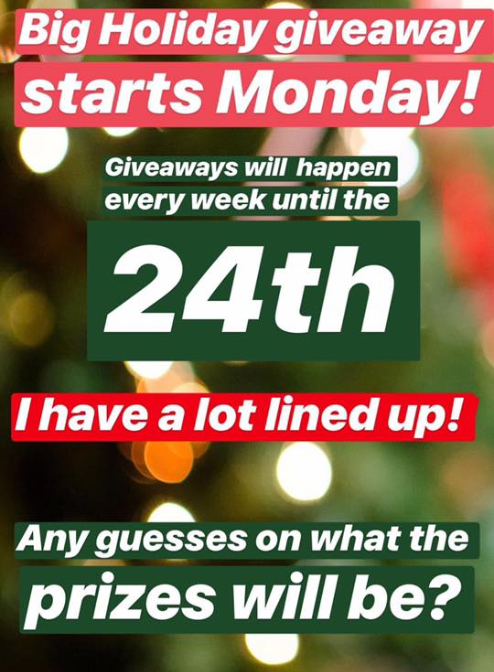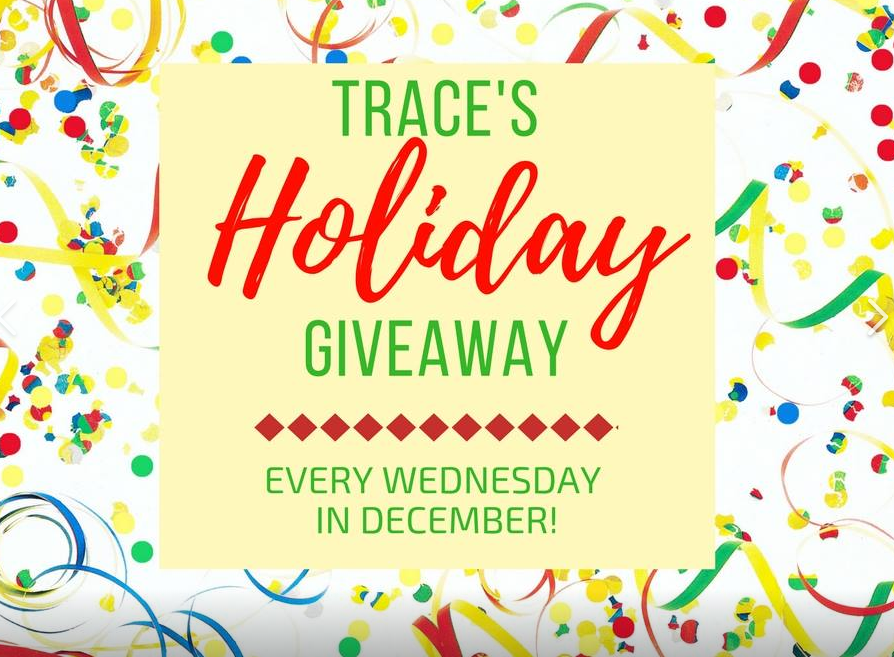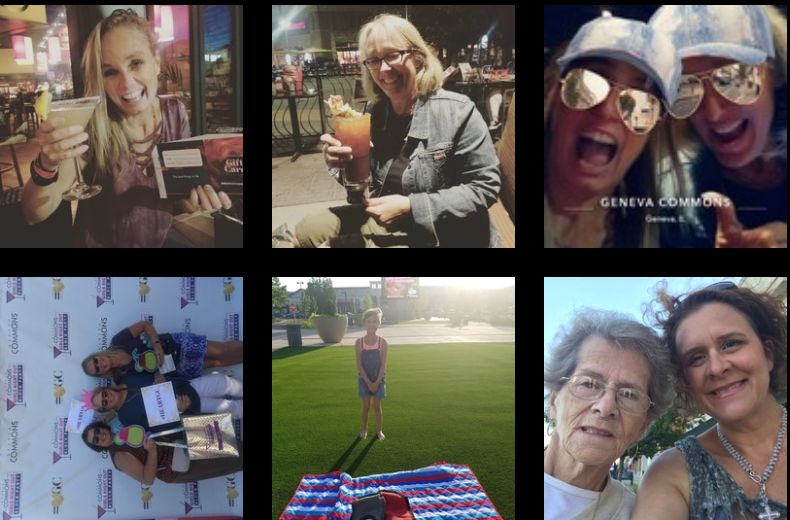Does your Facebook marketing strategy change during the holidays? Perhaps you entice shoppers with gift guides or build Black Friday excitement on social media. But, how does this differ from any other time of the year?
The difference stems from understanding how holiday stress (family, finances, and health habits) impacts your audience then providing solutions. 90% of shoppers do their holiday shopping in November and December. The right mix of Facebook contests, giveaways, and quizzes attracts their attention.
Using Facebook contests to generate goodwill is only one piece of the puzzle. Instead of doing the same old promotion, develop an intentional Facebook marketing strategy for the holidays that balances the needs of your customers while helping you reach your business objectives.
How a Holiday Facebook Marketing Strategy Uses Psychology
Olga Andrienko, head of global marketing at SEMrush, writes, “Psychology and marketing have always gone hand in hand.” However, by shifting your focus to include a bit of holiday spirit, a splash of nostalgia, and relevant gift-giving information, you can keep your audience engaged throughout the season.
The thing is that 63% of consumers said they’d think more positively of a brand if it gave them content that was more valuable, interesting, or relevant. During the stressful holiday season, it’s even more important not to waste your potential customer’s time. Improve your results by leveraging the six principles of psychology in your Facebook marketing strategy.
Principle 1. Reciprocity
The nature of giveaways embraces the rule of reciprocity. The basic idea is that when you give away something, then people are likely to return the favor. By focusing on the benefit to your audience, you’re triggering the principle of reciprocity. Consider how you can help your customers during the holidays, then use that information to achieve your Facebook marketing strategic objectives.
For example, when you create a Facebook giveaway, your follower likes or comments on your post. You give, and your followers feel compelled to pay it forward. With a Facebook quiz, you provide extra value by using it to address a pain point. If your audience needs help with gift-giving, then create a quiz to recommend your products in return for their email address.
Principle 2. Anticipation
Countless studies prove that when humans or animals anticipate something, like food or a prize, then their body releases dopamine. Not only do they feel good, but they’re more likely to remember that feeling when a similar opportunity comes around.
Simply, share a piece of information that makes your audience want to learn more. On Facebook, generating an eye-catching headline or sharing a video that hints of something exciting coming up are both ways to use the rule of anticipation to your advantage.
- Develop a series of posts that build up anticipation for your year-end giveaway.
- Use the gallery option to show user-generated photo vote counts during a contest.
Start with a bit of mystery, but avoid phrases that sound like clickbait. The key is to be authentic yet offer an element of surprise. In this example, the Facebook post alludes to upcoming prizes but leaves out the details, which creates an information gap.

Principle 3. Loss Aversion
There’s no doubt that you’re familiar with the term FOMO (fear of missing out). Nor is it a surprise that 69% of millennials report experiencing FOMO. The theory of loss aversion suggests that people are more likely to take action to avoid losing something as opposed to taking action to get something. Your Facebook marketing strategy should identify what your ideal customers are afraid of losing out on this holiday season.
- Are they afraid the perfect gift might sell out early?
- Will family stress keep them from having an enjoyable holiday?
- Can they stick to their health goals and enjoy dinner with family?
Once you determine a few reasons that motivate your current customers and prospects, then it’s a matter of choosing the right copy and call-to-action that nudges a sense of loss. This example builds on the fear of losing out on sleep. By participating in the interactive giveaway, the participant gets an opportunity to win plenty of sleep-related prizes.
Principle 4. Scarcity and Urgency
The rule of scarcity and urgency is similar to the principle of loss aversion. Since holidays are once-a-year events, it’s easy to build onto the idea of scarcity or urgency. After all, Black Friday sales end at midnight, and there is only a limited number of shopping days left until Christmas. Plus, people take action when faced with finite inventory or chances to win.
- Urgency. Include a timer, countdown, or copy that shows time is limited.
- Scarcity. Present a sense of exclusivity with a diminishing inventory count.
Principle 5. Priming
Companies use priming in their basic Facebook marketing strategies. Priming is the act of providing a consistent appearance that promotes familiarity and trust. After all, 75% of consumers expect a consistent experience wherever they engage.
Successful strategies incorporate priming into their business goals with color, images, and logo presentation. Another way is by offering something regularly, such as weekly Facebook giveaways during the holiday season.
Principle 6. Social Proof
A Facebook marketing strategy that relies on user-generated content delivers big wins for companies. When you share images and testimonials from your fans, then you’re giving your audience the proof they need to take action. With a thriving Facebook promotion plan, you’ll generate a steady stream of content for use year-round.
By including the Woobox gallery option, your audience sees (and identifies with) your followers and feels compelled to share their own user-generated content.
Conclusion
By creating a Facebook marketing strategy based on your audience’s unique pain points and desires, you’ll hit your objectives without wasting time on irrelevant content. You can use the principles of marketing all year, but during the holidays, add a twinge of nostalgia plus a solution for the win.
Need Help Creating a Facebook Marketing Strategy?
Need help with your holiday marketing? Woobox Support is available for help from 8 am — 5 pm PST, Monday through Friday at 1-360-450-5200 or support@woobox.com.





